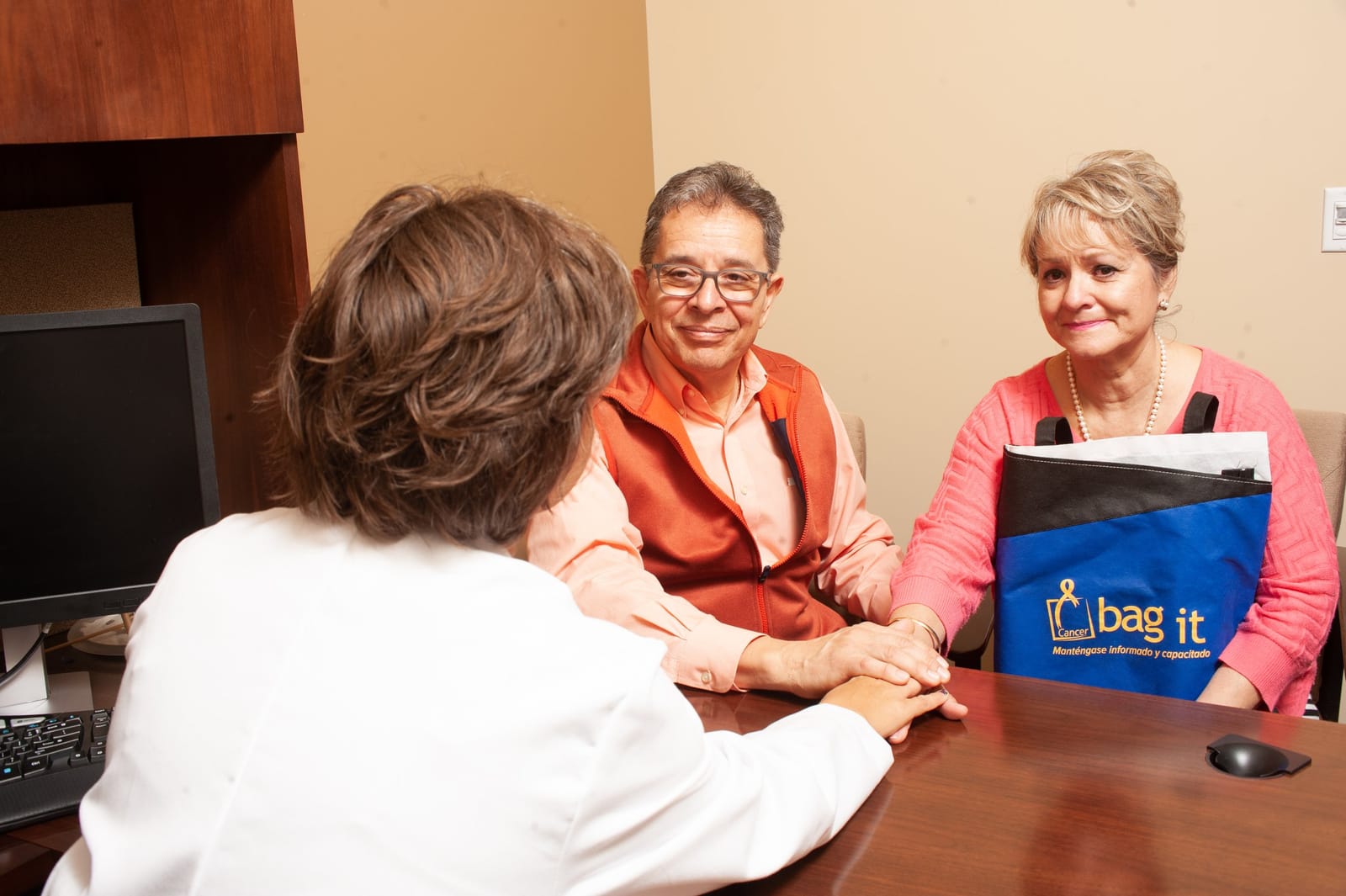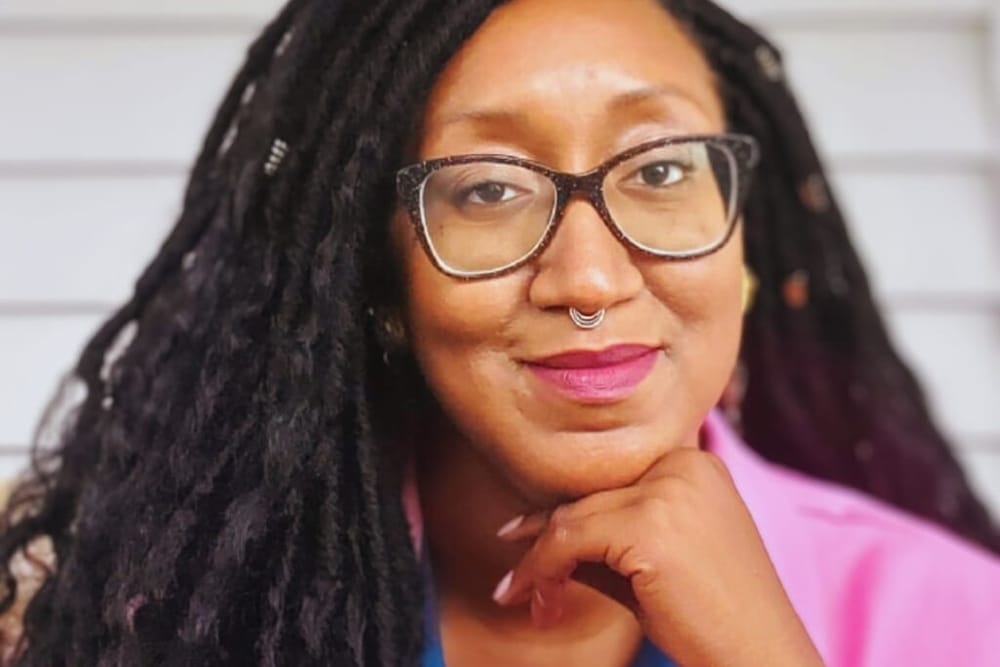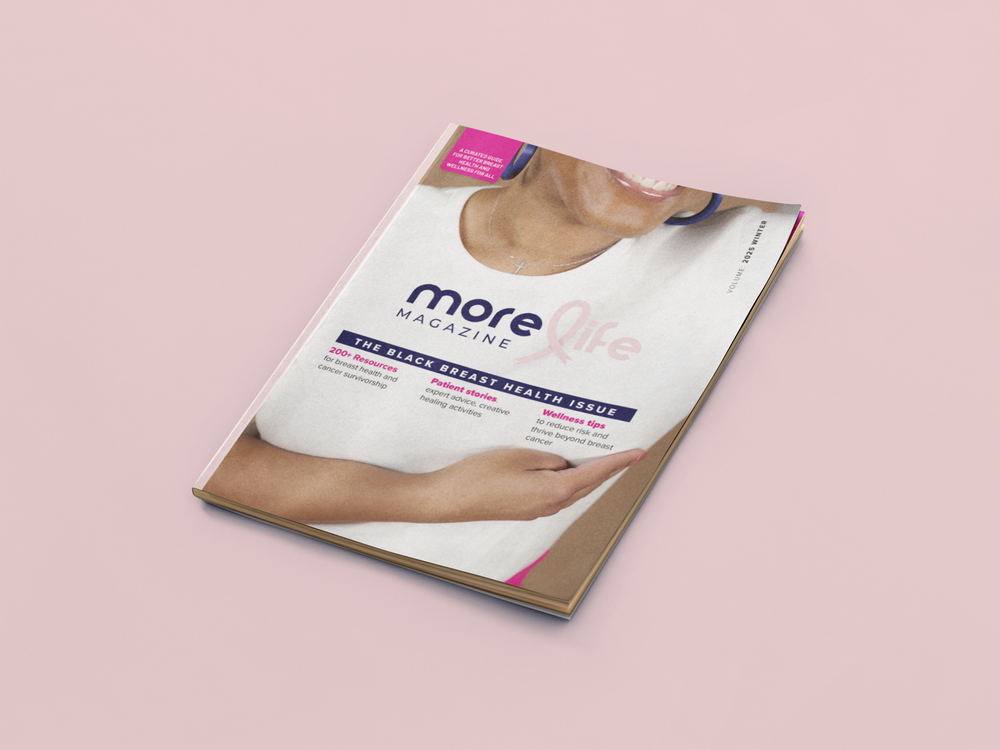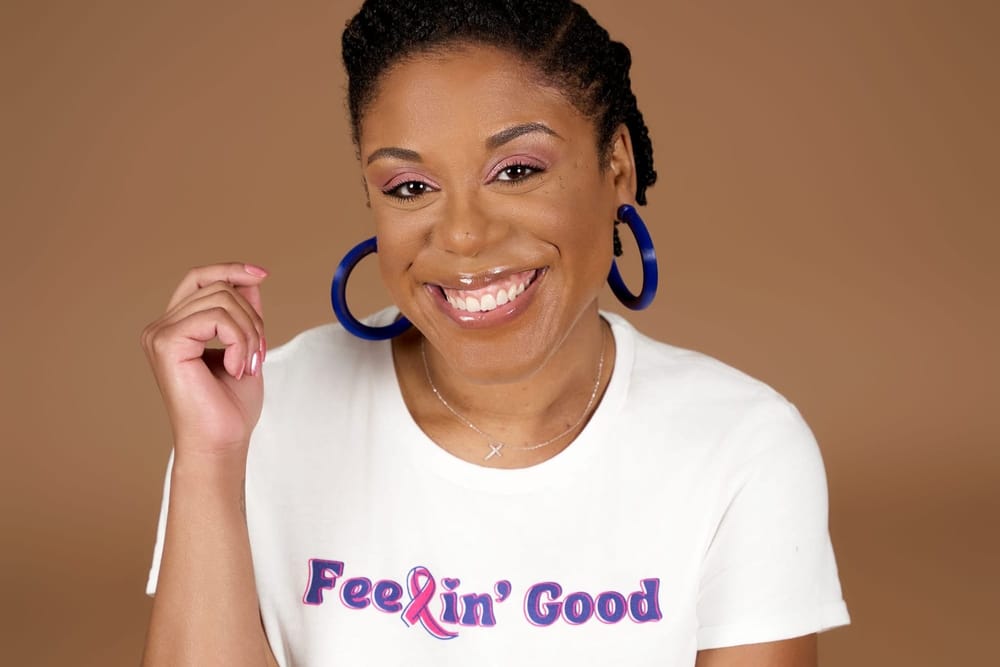By Sarah Tapia RN
Health equity, the state in which everyone has a fair and just opportunity to attain their highest level of health, is still far out of reach for minority communities. But with increased awareness, numerous opportunities arise to improve access and break barriers for those who are farthest from reaching the goal.
By making efforts to ensure health services align with people's cultural backgrounds, we can help communities achieve health equity. This means better health outcomes for all. Let’s dive deeper into the concept of cultural relevance and examine how transformative organizations like Bag It are working differently to better support Spanish-speaking populations.
What is Cultural Relevance in Healthcare?
Cultural relevance in healthcare is all about tailoring healthcare to respect and accommodate patients' cultural backgrounds, beliefs, attitudes, and behaviors. It's a holistic approach that recognizes how culture affects how people view health, illness, and healthcare. By understanding and respecting different cultural perspectives, service providers can communicate better with their patients, build trust, and improve patient compliance and satisfaction.
The role of cultural relevance in achieving health equity is huge. It helps bridge the gap between healthcare systems and diverse patient populations, making sure that culturally diverse individuals receive appropriate and respectful care. By understanding and responding to different cultural perspectives, we can reduce health disparities and improve health outcomes for everyone. It's all about creating a more inclusive and fair healthcare environment.
Key Elements of Achieving Cultural Relevance
Achieving cultural relevance in healthcare involves several important elements:
- Cultural Competence: It requires cultural competence among service providers, which involves understanding, acknowledging, and respecting cultural differences. This includes knowledge about different cultural beliefs, values, and practices related to health and well-being.
- Effective Communication: It includes effective communication skills, wherein service providers are able to communicate effectively across language barriers and cultural differences. This may involve using interpreters or translation services, as well as being aware of nonverbal cues and meanings in different cultures.
- Patient Centric-Care: It involves patient-centered care, where the focus is on the individual patient's needs, preferences, and values. This can involve accommodating cultural practices in the service setting and involving patients in decision-making processes about their care.
- Community Engagement: It includes community engagement, which involves working closely with local communities to understand their health needs and culture, and to co-create solutions that are culturally relevant and effective.
- Continuous Learning and Improvement: Cultural competence is not a one-time achievement, but an ongoing process of learning, reflecting and adapting. By incorporating these elements, healthcare providers can move towards providing culturally relevant care that promotes health equity and improves health outcomes.
How Bag It Revamped Resources For Spanish-Speaking Communities
Bag It was created by Sherri Romanoski, a breast cancer survivor, to help individuals with cancer regain control of their lives and access resources for coping with the disease. Each convenient bag is filled with helpful items and information to provide support and assistance for life after a cancer diagnosis.
Now, the Bag It team is making their services even better by focusing on making their resources more accessible to Spanish-speaking communities. By redesigning its resources in collaboration with the communities it aims to serve, Bag It is incorporating the principle of cultural competence into its services.
The bi-cultural bag is dual language and has 4 full-size printed booklets, a 3-ring binder and a journal-size appointment companion for people to take with them to their medical visits. To create this bag, Bag It took deliberate steps to not just translate existing resources but to rethink the content of the resources altogether.
To create accessible and relevant resources, Bag It did a deep dive into the Latin/Hispanic culture and community. The new resources are translated using Universal Spanish. Content was added and adjusted to be tailored to the values, beliefs, and attitudes of people in Latino and Hispanic communities. They also included short stories to highlight the importance of self-advocacy, understanding one’s diagnosis, navigating family relationships, faith and spirituality and more. They even added a dozen recipes for popular Latin dishes with a healthy twist.
Working with people who live and serve in the Latin/Hispanic cancer community was important to this process. One example of how Bag It worked with advocates to accomplish this task is their relationship with Roxana Guerra.
Roxana, a metastatic breast cancer thriver, faced unique struggles as a Spanish-speaking individual navigating her cancer diagnosis. Recognizing the need for relatable and culturally sensitive resources, Roxana became an advocate, ensuring that the needs of Spanish-speaking individuals were heard and met. Through her connection with Bag It, Roxana discovered support and knowledge that resonated deeply with her journey of empowerment and cultural relevance.
Roxana actively participated in the design of these personalized resources and her dedication continued as she contributed to projects aimed at improving these resources on an ongoing basis.
Roxana's efforts, along with the collaboration between Bag It, and lived-experience experts like her, resulted in the creation of bilingual and easily comprehensible resources for Spanish-speaking cancer survivors. Their collaborative efforts have brought hope and strength to those dealing with cancer in the most meaningful way.
Strengthening Community Bonds
Every individual's health journey is unique and steeped in cultural context, which emphasizes the importance of creating health resources that resonate with people's lived experiences. Roxana's story with Bag It presents a prime example of how culturally sensitive resources can empower individuals and bridge gaps in health equity. Their collaboration will not only transform the cancer journey for Spanish-speaking survivors but also signified a big step towards achieving health equity. By acknowledging and embracing the diversity of our communities, we can pave the way for more inclusive, equitable healthcare for all.
We want your feedback!
Did you learn something helpful or find a new resource? Tell us how we're doing by completing a short 5-question survey and get the chance to win a $25 Amazon gift card.
Take the Survey